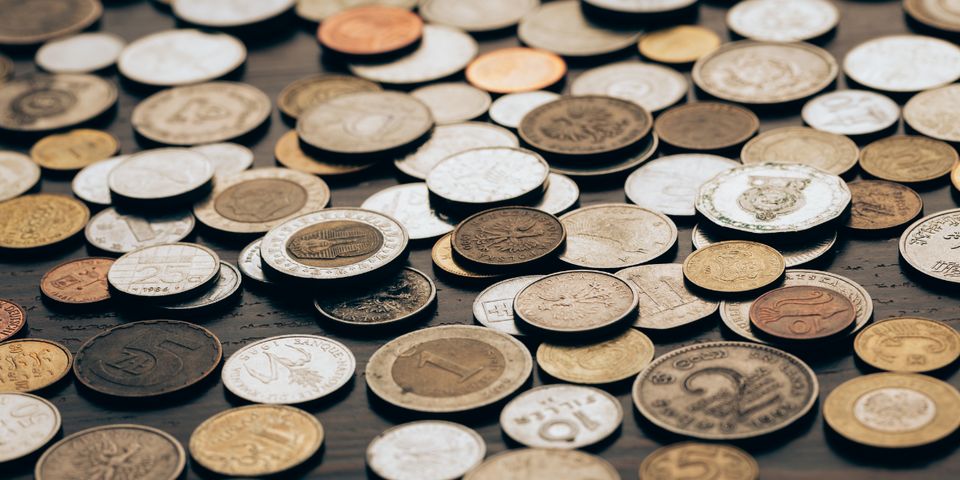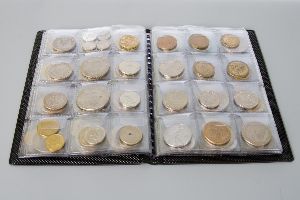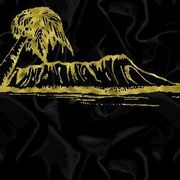A Guide to Collecting in a Booming Market

Public interest in collectible items such as gold coins, stamps, and paper money has experienced a surge in recent years. If you want to start building your own collection, you might want some advice on how to make smart purchases. Below, you'll learn more about how to collect in a booming market.
Why Purchase Collectibles?
Many people opt to start collections of silver or gold coins, stamps, and paper money due to the value of these items and their potential returns. Over time, these collectibles often become rarer and more desirable to buyers, which can cause their value to appreciate. Having items that are worth a considerable amount of money may provide you with a sense of financial security, as you can sell them if you ever need fast cash.
You might also make a profit by selling them for a greater amount than you initially paid. Additionally, a collection filled with old, unusual, or historical pieces can provide you with a sense of pride, and displaying these items in your home may impress those who visit your residence.
Buying Tips

Though collectible items may have numerous interested buyers and can sell quickly, taking your time to compare prices before making a purchase can ensure that you get the best deal. When you have your eye on a particular coin, stamp, or piece of paper money, browse other stores and ask various dealers about their rates on similar items. This can allow you to potentially negotiate the cost and purchase pieces for lower amounts.
Additionally, you'll want to assess the condition of collectibles, as any flaws or damage may diminish their value. Check for signs of wear and tear, such as scuffs, dings, or scratches, and make an effort to buy pieces that are as close as possible to mint condition.
Pitfalls to Avoid
Prior to purchasing collectibles, it's important that you know how to care for them, as this can ensure they remain in good condition and retain their value. For instance, you might need to periodically clean coins and store them in plastic sheets to keep them from corroding. Similarly, you can also store paper money and stamps in a climate-controlled environment to prevent them from mildewing or dry rotting. Making sure you're up to the task of maintaining these pieces before you decide to buy them can help you protect your investment. Additionally, building a large and valuable collection might qualify you as a dealer or investor, which may require you to claim these items while preparing your taxes. Since collectibles can be considered capital assets, hiring an accountant to help you during tax season may ensure you don't incur penalties.
When you're ready to start your own collection, head to Hawaiian Islands Stamp & Coin. They provide rare silver and gold coins, certified stamps, and Hawaiian paper money to customers in the Chinatown area of Downtown Honolulu. Call (808) 531-6251 to ask about pieces in stock, and visit the website to learn more about their inventory.
About the Business
Have a question? Ask the experts!
Send your question

